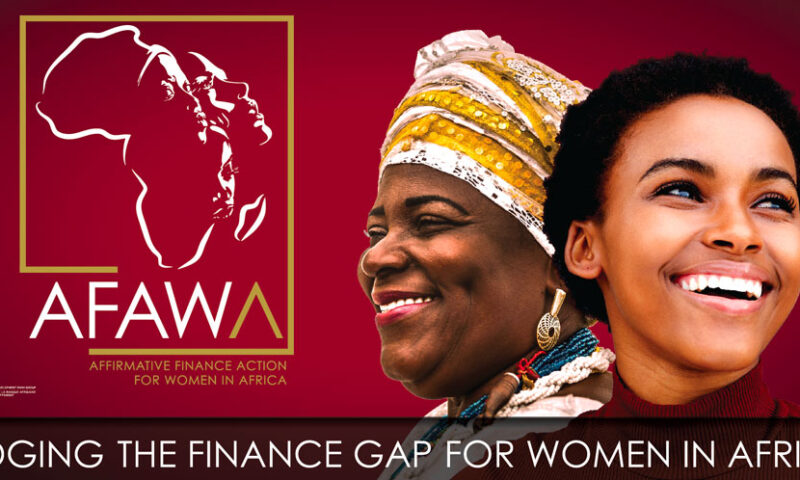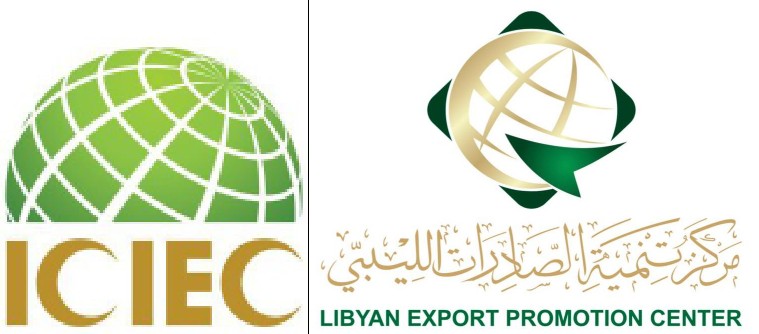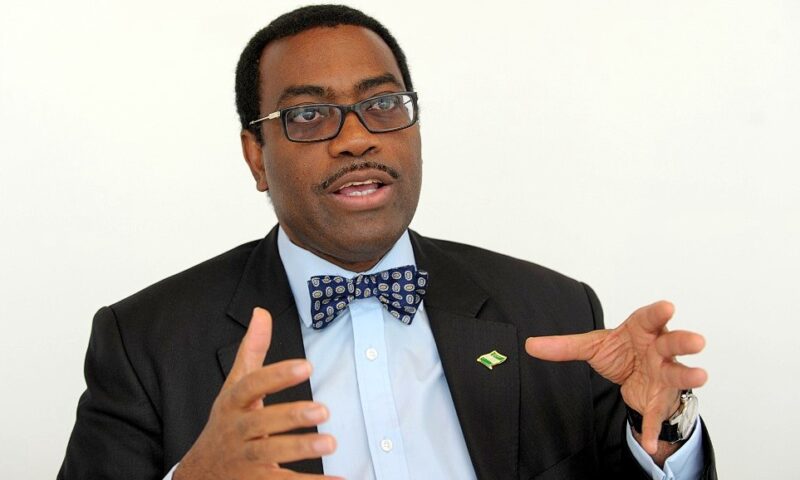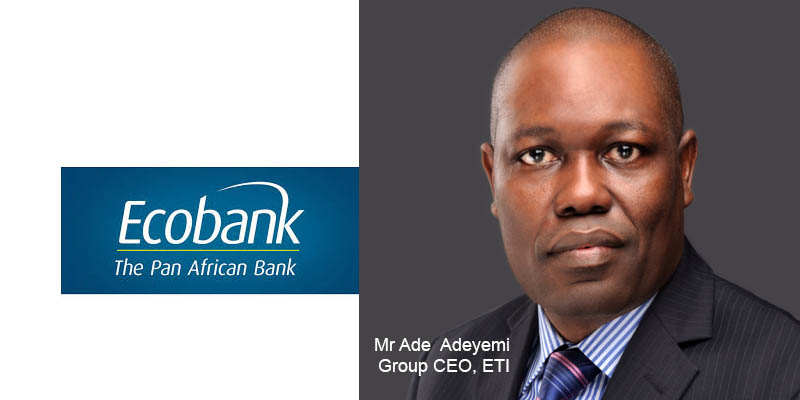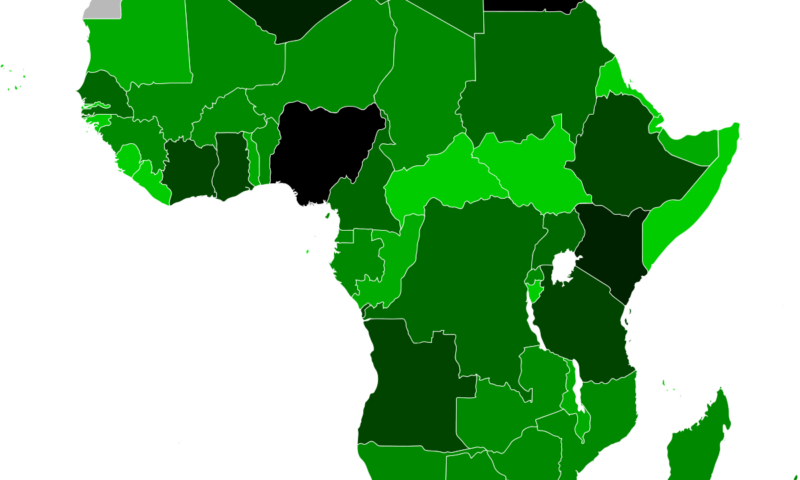World Bank releases $1.78 bn to Turkey hunt for recovery, reconstruction after eathquakes
By Favour Nnabugwu
The World Bank has announced $1.78 billion assistance for Turkey s recovery and reconstruction after a massive earthquakes.
The Bank gave the fund to help relief and recovery efforts following devastating earthquakes and aftershocks in Türkiye that have already resulted in massive loss of life, injuries, and very significant damages in and around southeastern Türkiye.
The World Bank has also commenced a rapid damage assessment to estimate the magnitude of the disaster and identify priority areas for recovery and reconstruction support, building on its extensive experience in disaster risk management from around the world.
“On behalf of the World Bank Group, we express our deepest condolences to the people of Türkiye and Syria for the great loss you have suffered as a result of the devastating earthquakes,” said World Bank Group President David Malpass. “We are providing immediate assistance and preparing a rapid assessment of the urgent and massive needs on the ground. This will identify priority areas for the country’s recovery and reconstruction as we prepare operations to support those needs.”
Immediate assistance of $780 million is offered via Contingent Emergency Response Components (CERCs) from two existing projects in Türkiye – the Türkiye Earthquake, Floods and Wildfires Emergency Reconstruction Project (TEFWER) and the Climate and Disaster Resilient Cities Project. CERCs help recipient countries quickly access project funds for emergency response, as is needed now in Türkiye.
The assistance will be used for rebuilding basic infrastructure at the municipal level.
Türkiye’s immediate and future needs are immense and span the whole range from relief to reconstruction,” said Humberto Lopez, World Bank Country Director for Türkiye.
The World Bank in Türkiye
The World Bank’s deep and productive partnership with Türkiye dates back to 1950. In recent years, the Bank has become a leading partner in disaster risk management, urban development, and energy efficiency in the country. The Bank has implemented the Istanbul Seismic Risk Mitigation and Emergency Preparedness Project; the Safe Schools Project financed by the Facility for Refugees in Türkiye; and the Disaster Risk Management in Schools Project, among others.
Projects under implementation include the Seismic Resilience and Energy Efficiency in Public Buildings Project to improve earthquake resilience and energy efficiency of public buildings. The World Bank’s Türkiye program currently stands at 30 active lending operations worth $9 billion.
The World Bank and Disaster Risk Management
Disasters hurt the poor and vulnerable the most. Over the past decade, the World Bank has emerged as the global leader in disaster risk management, supporting client countries to assess exposure to hazards and address disaster risks.
Mainstreaming disaster risk management into development planning can reverse the current trend of rising disasters, from natural and human-made causes. Furthermore, when countries rebuild stronger, faster, and more inclusively after disasters, they can reduce the impact on people’s livelihoods and well-being by as much as 31%.


